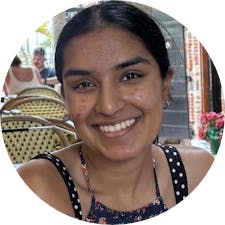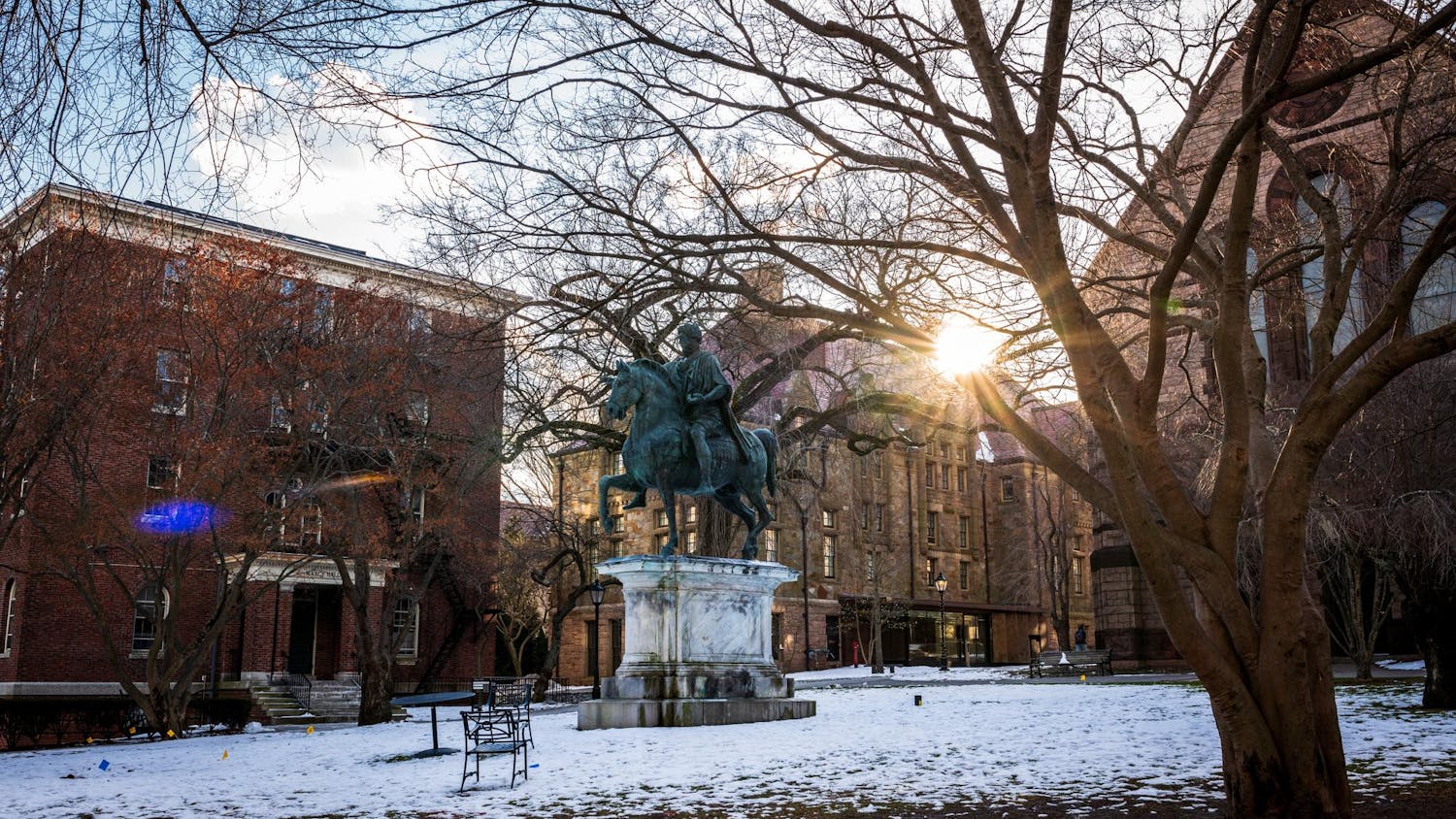Twenty nine Brown undergraduates, graduate students and recent alumni were offered Fulbright awards for the 2021-22 academic year, making the University the top producer of Fulbright winners for the fourth time, according to a Feb. 28 press release.
These grants, awarded by the U.S. State Department, fund up to one year of teaching or research abroad for approximately 2,000 recent graduates or current graduate students.
“We are immensely proud of our student Fulbright awardees,” said Dean of the College Rashid Zia '01 in the release. “Their accomplishments illustrate the transformative impact of a Brown education, in which students arrive with openness, generosity and a vision to confront pressing global challenges and leave with the knowledge and relationships necessary to confidently execute that vision.”
“Brown's unique curriculum encourages independence, exploration, risk-taking and global engagement values that translate well to an endeavor like the Fulbright,” wrote Associate Dean of the College for Fellowships Linda Dunleavy in an email to The Herald. “It takes a lot of courage to put oneself forward for this unusual opportunity and Brown's approach to education nourishes that boldness.”
The Herald spoke to five Fulbright winners about their experiences applying to and after receiving the award.
After falling in love with global health in her undergraduate years and conducting research in several countries, Scarlett Bergam ’20 MPH ’21 joined a lab that created a WhatsApp-based mobile health (mHealth) intervention for adolescents who were born with HIV. The service targets those who do not receive adequate sexual health education, as the traditional curriculum is designed for HIV prevention, according to Bergam. She is running a clinical trial on a new curriculum designed from literature reviews and qualitative work.
“I really wanted that boots-on-the-ground experience,” said Bergam, who is conducting HIV research in Durban, South Africa.
Because of the pandemic, planning a year in advance was very unpredictable, Bergam said, but having close colleagues in South Africa was helpful for “a cautious risk taker” like her. After her Fulbright, Bergam plans to go to medical school and study family medicine. “I’ve really enjoyed the longitudinal relationships with patients that I’ve made,” she said.
Rainbow Chen ’21 is an English teaching assistant grantee working at ROC van Amsterdam, a vocational college in the Netherlands. She teaches and helps develop curricula for English classes and other international studies taught in English.
Chen, who concentrated in education studies and history, wants to work in education policy. She saw the Fulbright as an opportunity to gain experience in education and explore something new in order to be a “truly holistic policymaker” in the future.
Paul Abrams ’21 is conducting anthropological interviews in Stockholm to study the effects of migration in Sweden and how government policy and public discussion shape migrants’ experiences.
For Abrams, the ethnographic research project has been a “short term yet impactful experience in a different place that I’m not very used to.”
Abrams views his Fulbright experience as a “gap year to see a different part of the world and come back with new insights.” He hopes to return to the U.S. and work either in government or at an NGO focused on public policy and international affairs.
After studying Chinese for seven years, Mae Fullerton ’20.5 thought the Fulbright would give her an “immersive experience” and the “opportunity to see whether (she) enjoyed teaching,” she wrote in an email to The Herald. Fullerton is currently teaching in rural Taiwan, and after completing her Fulbright, she hopes to apply to graduate programs and find work experience to gauge her interests in a career in clinical psychology.
Advising from graduate student grant advisors was helpful during the application process, especially in making her grant proposal as realistic as possible, Bergam said. The Fulbright committee “really want to know why you want to go there and why you want to go there.”
“I feel there’s a very strong support system for applicants,” Abrams said, citing several rounds of peer editing and advising with faculty and graduate students.
The fellowships office reaches out to rising seniors in the spring to inform them about the Fulbright program and holds advising meetings to help students consider the options that best line up with their interests and goals, wrote Dunleavy. The office works with students throughout the summer in writing workshops and one-on-one meetings, and conducts a formal review process in early fall.
Chen was paired with an advisor from the fellowships office who she said was a good match and provided the primary support for her. “It was a grueling process, but it was all worth it every step of the way,” she said.
“Fulbright is definitely a victim to a lot of the systemic inequalities present in education in America,” Chen said, as travel and additional costs of living in a new place can make study abroad inaccessible. “I heavily encourage people who are U-FLi to just go for it.”
Though the application process was “long and drawn out” for Fullerton, she acknowledged her professors, who “were incredibly selfless in the effort they put into writing (her) recommendations” and suggesting essay edits. “It was a team effort, and I couldn't have done it without them.”
“I think the process of writing these essays… is super introspective,” Albin Wells ’21 said. “You have to think really critically about what matters to you and what drives you and why you want to pursue something.”
Wells applied with a project at the Delft University of Technology in the Netherlands and was planning to study the country’s advanced flood management technologies — as a third of its land mass is below sea level — in order to apply them to cities in the United States where flooding is a challenge.
He did not end up pursuing his Fulbright project after being accepted to a Ph.D. program in Civil and Environmental Engineering at Carnegie Mellon University, though he initially wanted to try to make both work. “This project that I’m doing for my Ph.D. has a large fieldwork element, and I wouldn’t have been able to push that off for a year,” Wells said. He is currently studying glaciers and how they are responding to climate change and is traveling to Alaska in April for research.
One challenge of the Fulbright experience is finding community in a new place, Bergam said. “That’s something that Brown doesn’t really prepare you for because it’s so built-in there,” from student groups, sports and classes, Bergam said.
All five awardees found benefits and support from their time at Brown in preparing them for post-graduate experiences. “It makes total sense why Brown students are so good at creating a project from scratch: because of the Open Curriculum, because we’re not hand held,” Bergam said.
“The atmosphere at Brown itself encourages a lot of critical thinking and exchange between people from very diverse backgrounds,” Abrams said. “I think one of the most important things about applying to the Fulbright is making sure that you come in with as open a mind as possible.”
Correction: A previous of version of this story did not include the graduation year of Dean of the College Rashid Zia '01. The Herald regrets the error.

Rhea Rasquinha is a Metro editor covering development and infrastructure. She also serves as the co-chief of illustrations. She previously covered College Hill, Fox Point and the Jewelry District. Rhea is a senior from New York studying Biomedical Engineering.





